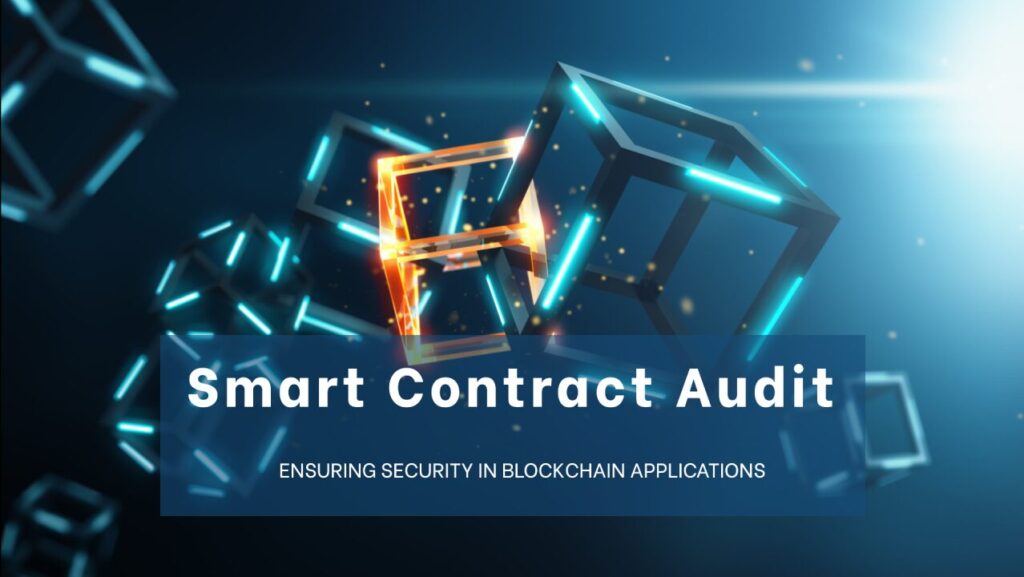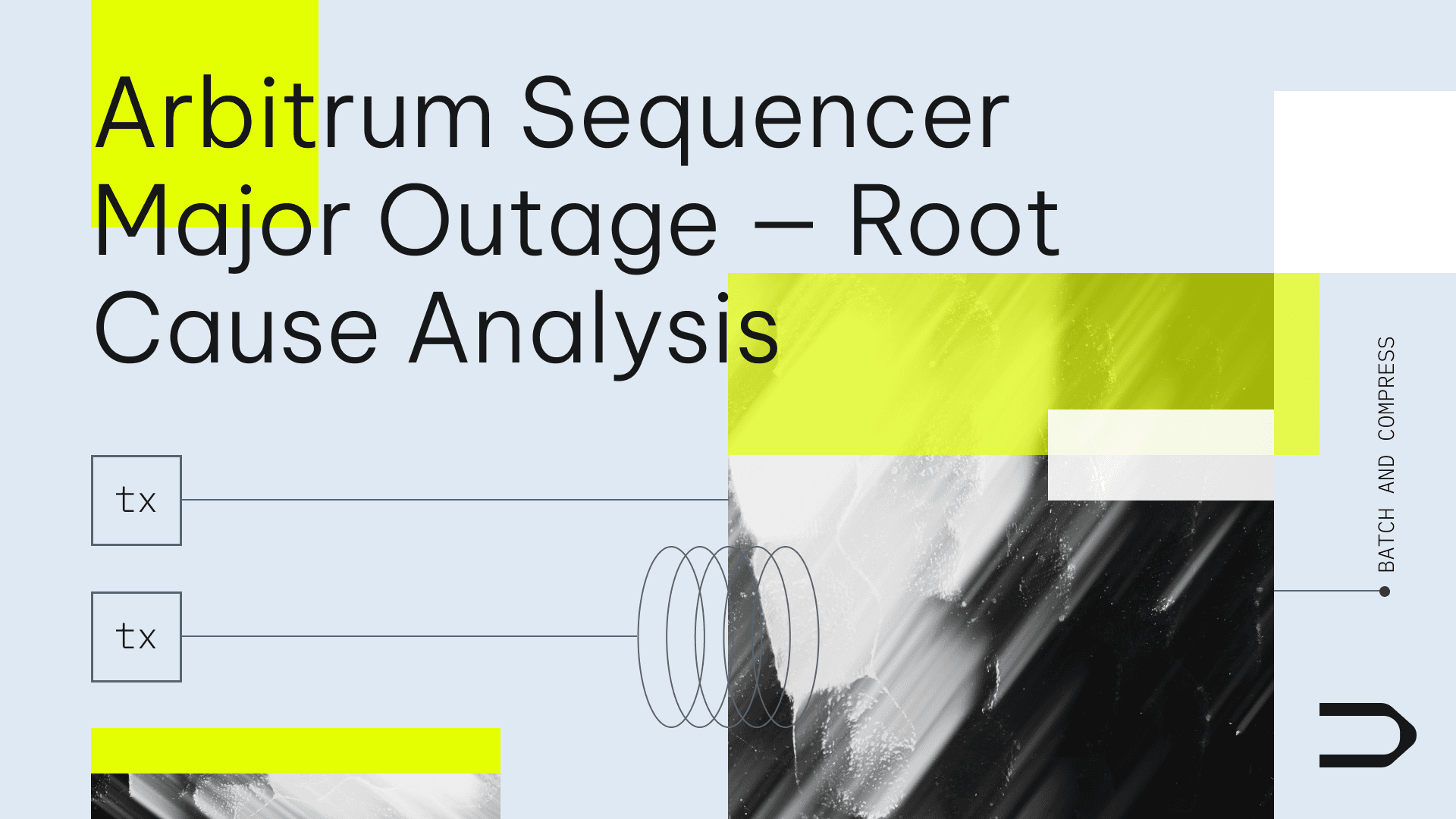A Guide to Smart Contracts Security and Audits
Auditing Smart Contracts Code | Mitigating Security Issues in Blockchain

Introduction
Have you ever wondered how secure your smart contracts are? In the Wild West of blockchain technology, ensuring their safety and reliability is paramount. Let’s take a dive into the world of smart contract code audits and discover why it’s a game-changer for blockchain applications.
What Are Smart Contract Security Audit?
Definition and Basic Concepts
So, what’s a smart contract, anyway? Think of it as a self-executing contract in which the terms between buyer and seller are directly written into lines of code. They reside on a blockchain, ensuring transparency and immutability.
Importance in Blockchain Technology
Smart contracts are the lifeblood of decentralized applications (dApps). They automate agreements, reduce the need for intermediaries, and make transactions more efficient. But great power comes great responsibility and security is a must. If they’re not adequately secured, they can be a hacker’s playground.
The Need for Smart Contracts Audit Services
Common Vulnerabilities in Smart Contracts
You might be surprised how many smart contracts have vulnerabilities lurking beneath the surface. From reentrancy attacks to integer overflows, the list of potential pitfalls is long and winding. Learn More.
Consequences of Unsecured Smart Contracts
An unsecured smart contract is like leaving your wallet open on a public bus. Hackers can exploit vulnerabilities to steal funds, manipulate data, or even shut down entire platforms. Remember the Curve Finance of 2023? It resulted in a loss of $70 million! Learn more.
Smart Contract Audit | Process
Cost and Schedule Proposal
The audit process starts with estimating the cost and timeline based on the smart contract’s complexity and scope. The assessment is aligned with the project’s deadlines and budget for a smooth process from start to finish.
Audit Commencement
After the terms are agreed upon, auditors analyze the contract thoroughly and communicate regularly with the development team for continuous feedback and adjustments to ensure optimal outcomes.
Preliminary Findings Delivery
During the audit, a preliminary report categorizes identified vulnerabilities by risk level: Critical, High, Medium, Low, or Advisory. The development team is engaged in a discussion to clarify the issues and understand the required steps for resolution.
Issue Resolution Process
After the preliminary findings are delivered, the development team fixes the identified vulnerabilities. Auditors provide guidance to ensure that the issues are correctly addressed according to the security recommendations offered.
Final Review and Report
Once the issues are resolved, auditors conduct a final review to verify that all vulnerabilities have been adequately mitigated. They then issue a comprehensive final audit report documenting the process, the findings, and the remediation efforts.
Smart Contract Audit | Methodology
A thorough, smart contract audit involves a blend of technical expertise and collaborative review. The process typically involves multiple senior security researchers, alongside cryptography or financial modeling specialists, to address each project’s unique complexity. Their hands-on, multi-phase approach—paired with advanced automated tools—ensures code security and optimization while considering integrations with external protocols like oracles and AMMs. Learn more.
Team Composition
A successful smart contract audit is conducted by at least two senior security researchers alongside cryptography or financial modeling specialists, carefully selected to match the complexity and nature of the smart contracts being analyzed.
Meticulous Code Review
The audit process involves a thorough, line-by-line review of the entire codebase. Both auditors thoroughly examine every contract within the audit scope, ensuring a deep understanding of the code and forming a mental model of its interactions and assumptions. This hands-on approach is critical to identifying potential vulnerabilities.
Critical Strategies in Smart Contract Auditing
Two-Phase Review Auditing:
- Phase A: The auditors focus on the contract’s intended functionality and legitimate use cases, gaining a complete understanding of the contract’s expected behavior.
- Phase B: The auditors adopt an adversarial mindset, actively attempting to exploit weaknesses by abusing the system’s flexibility to subvert its security assumptions.
Collaborative Challenges
The two senior auditors continuously challenge each other’s findings throughout the audit. This back-and-forth ensures no stone is left unturned. By explaining complex code elements, they push each other to uncover potential blind spots or overlooked vulnerabilities.
Multi-Level Thinking
Auditors analyze the code at the level of individual functions and consider how different parts of the system interact. This approach helps identify complex attack vectors that could arise from unexpected combinations of contract components.
Use of Advanced Tools
Automated tools also play a critical role. Projects are uploaded to automated analysis systems, including static analysis, AI-driven testing, property based testing, and fuzzing tools. Auditors manually review the output from over 70 algorithms, supplemented by custom tests they create to explore possible issues further.
Gas Efficiency and Integrations
Beyond security, auditors also identify inefficiencies in gas usage and provide optimization recommendations. Additionally, we thoroughly examine external integrations with protocols like AMMs, lending platforms, and oracles to ensure they function as expected and align with their specifications.
Choosing a Smart Contract Auditor
Qualifications to Look For
Auditors possess varying levels of expertise. Look for professionals with a strong blockchain security and cryptography background and a track record of successful audits.
Questions to Ask Potential Auditors
Don’t hesitate to ask direct questions when choosing an auditor. Understanding their process and tools is essential, as is ensuring they stay updated on the latest security trends. Key questions include:
- What specific projects have they audited before?
- Are those projects similar in complexity or structure to yours?
For example, if your project involves a liquidity pool, selecting an auditor with extensive experience in similar environments can provide deeper insights into potential vulnerabilities. Familiarity with the same functions or libraries your contract uses allows the auditor to identify issues faster and offer more targeted recommendations for improvement.
Check References and Post-Audit Security
When selecting an auditor, it’s crucial to assess their experience and check for references and testimonials from past clients. Positive feedback from reputable projects can be a strong indicator of their reliability.
Additionally, it’s wise to research whether their audited projects have maintained security post-audit. Websites like Rekt News Leaderboard provide valuable insights into projects that have been hacked after their audits.
If a project repeatedly appears on these lists after an audit, it could signal issues with the thoroughness of the auditor’s work or missed vulnerabilities. Always cross-check testimonials with such resources to ensure the auditors can deliver long-term security, not just pass initial checks.
Best Practices
Provide Clear Documentation
Ensure you supply the auditors with concise but comprehensive documentation. This should include both high-level project overviews and detailed code explanations. The goal is to align the auditors’ understanding of the project’s intent with its technical implementation.
Consistent Naming and Comments
Use consistent naming conventions and comments throughout your code. Well-documented code can significantly reduce auditors’ time interpreting complex logic and help them focus on identifying vulnerabilities.
Establish a Communication Channel
Maintain an open line of communication between your team and the auditors. Whether it’s a walkthrough of your code or real-time questions during the audit, responsiveness is key to keeping the process efficient and focused.
Ensure Your Project Is Ready
Before the audit begins, compile your project without errors and thoroughly test it. This allows auditors to concentrate on complex security issues and concerns rather than debugging fundamental functionality issues. Deploying your code on a testnet and testing it against edge cases can save valuable time.
Recognize the Scope of an Audit
Do not substitute audits for thorough testing or assume you will find all bugs. Use audits to identify security vulnerabilities, especially in adversarial environments. Functional correctness issues may not be within the auditor’s purview unless clearly communicated.
The Future of Smart Contract Auditing
Emerging Technologies
Artificial intelligence (AI) and machine learning (ML) will transform smart contract auditing by automating vulnerability detection and improving accuracy. These technologies enable advanced static analysis, pattern recognition, and anomaly detection, and allow auditors to identify potential risks more efficiently and precisely.
Regulatory Considerations
Regulatory compliance is becoming increasingly crucial in smart contract auditing as governments establish more explicit frameworks for blockchain technology.
In the European Union, the Markets in Crypto-Assets Regulation (MiCA), introduced by the European Securities and Markets Authority (ESMA), is a significant step toward regulating digital assets. MiCA aims to ensure transparency, consumer protection, and market integrity across the EU.
As this regulation takes effect, auditors will need to ensure that smart contracts comply with security standards and regulatory requirements like those outlined in MiCA. This includes ensuring that smart contracts meet criteria for transparency, risk management, and governance, making compliance a critical part of the auditing process.
Conclusion
A Web3 project Audit is absolutely essential. As blockchain technology continues to reshape industries, ensuring the security and reliability of smart contracts will be more critical than ever. So, are your smart contracts up to the task?
FAQs
Q1: How often should you audit smart contracts?
A: Ideally, before any major release or after significant code changes. Regular audits help maintain security over time.
Q2: Can automated tools replace human auditors?
A: Not entirely. While they can catch many issues, a human auditor’s nuanced understanding is irreplaceable.
Q3: How much does a smart contract audit cost?
A: Costs vary based on the complexity of the contract and the auditor’s expertise. It’s an investment in security.
Q4: What is a reentrancy attack?
A: A reentrancy attack is a common vulnerability where an attacker repeatedly calls a function before the previous execution is completed, potentially draining funds. Learn More.
Q5: Should you audit all smart contracts?
A: Even though auditing is not mandatory, you should strongly consider it to prevent security breaches and build user trust.



